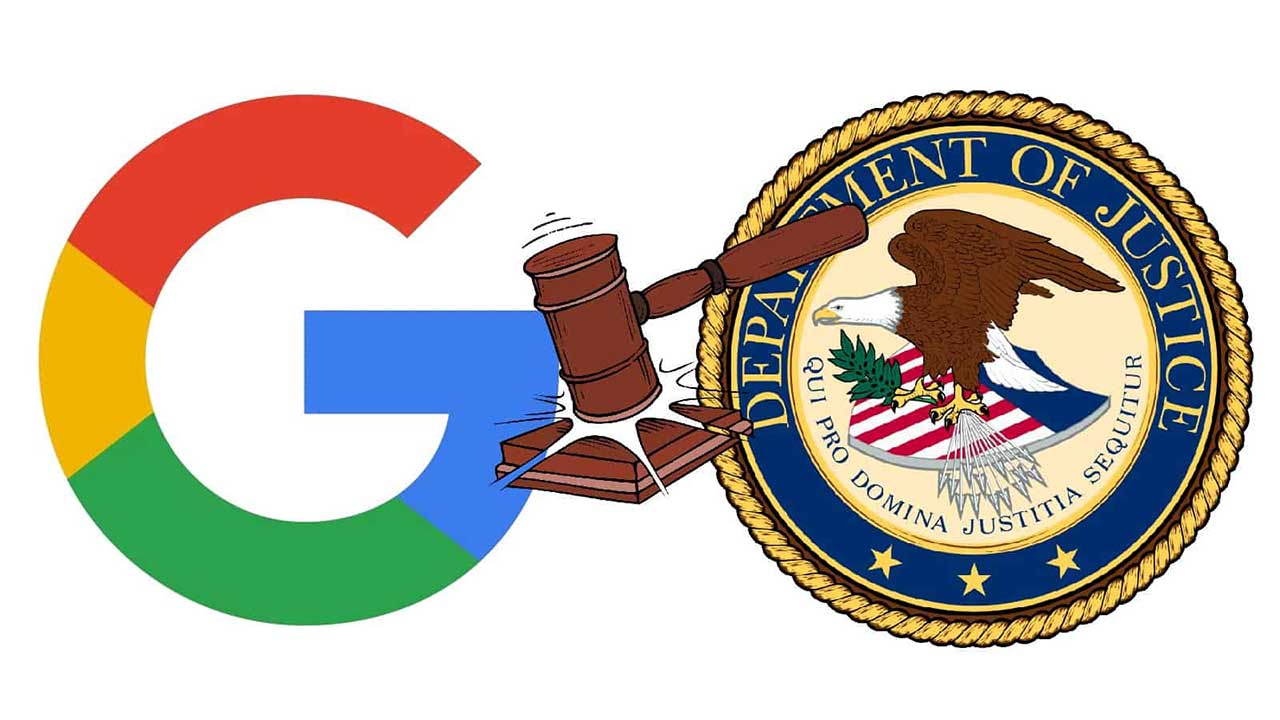
The long-awaited Google antitrust ruling has finally been released. Although it was a few days later than originally scheduled, the outcome is relatively favorable for Google. From the core judgment, it can even be said that Google is the 'winner.'
After-hours, $Alphabet(GOOGL.US) surged 7%, and $Apple(AAPL.US) also rose 3%. After the increase, Google's market value reached $2.74 trillion, with expected valuations for 2025 and 2026 at 23x/21x PE, compared to Meta's 26x/24x, further narrowing the gap to historical valuation differences. This also indicates that from the perspective of short-term valuation correction, the upward potential is relatively limited.
The specific rulings are as follows:
1. No need to split
Firstly, it avoided the worst-case scenario of business separation. Whether it's the divestiture of Chrome or Android, the court indicated that the impact of a split would be too significant.
Regarding the split, Dolphin Research never had expectations. In our recent performance reviews, we repeatedly emphasized that the difficulty of a split is too great. Even if a conditional split were approved, Google would firmly oppose it and continue to appeal for years.
However, the market was not entirely without concerns. Google's valuation suppression over the past year was priced with this expectation.
2. Exclusive agreements are not allowed, but payment for default and pre-installation is permitted.
Although Google is prohibited from signing exclusive agreements with phone manufacturers for its products (including Google Assistant and Gemini), it is not prohibited from using revenue-sharing agreements to secure default positions (non-exclusive), such as paying for pre-installation/placement of Search, Chrome, Gemini, and Assistant. Revenue-sharing agreements can be signed for a maximum of one year and cannot be bundled long-term.
This ruling requirement is actually similar to the current default search revenue-sharing between Google and Apple, where Google pays Apple $20 billion annually to secure the position of the default search engine on terminals. Of course, users can change the search engine settings themselves if they wish.
The reason for continuing to allow payment for default search behavior is that the court explained that this payment ban would harm the interests of other companies in the industry chain. However, for Google, which is already relatively advanced in product experience, this is undoubtedly favorable.
3. Data sharing with competitors
This requirement mandates that Google share certain data with 'Qualified Competitors,' including 'Search Index' and 'User-side data.' However, it is also clearly stated that 'advertising data' does not need to be shared, which helps weaken competitors' use of Google's data sharing to optimize their advertising models and directly erode Google's market share.
Search Index: URL, title/summary, crawl timestamp, standardization/deduplication information, language/region tags, availability status, etc.
User-side data: Aggregated, de-identified signals from user interactions with search results (such as query distribution, clicks, dwell time, etc.), generally used to improve search quality (relevance of search results to query issues).
Advertising data: Data resources related to the search text advertising market, such as auction logs, bid/match/conversion signals, advertiser/material/query-level reports, etc.
Regarding data sharing, Google stated that it has a negative impact on itself (officially phrased as 'impact on user privacy') and is closely reviewing it (perhaps considering whether to continue opposing the appeal in the future).
The copyright of this article belongs to the original author/organization.
The views expressed herein are solely those of the author and do not reflect the stance of the platform. The content is intended for investment reference purposes only and shall not be considered as investment advice. Please contact us if you have any questions or suggestions regarding the content services provided by the platform.


